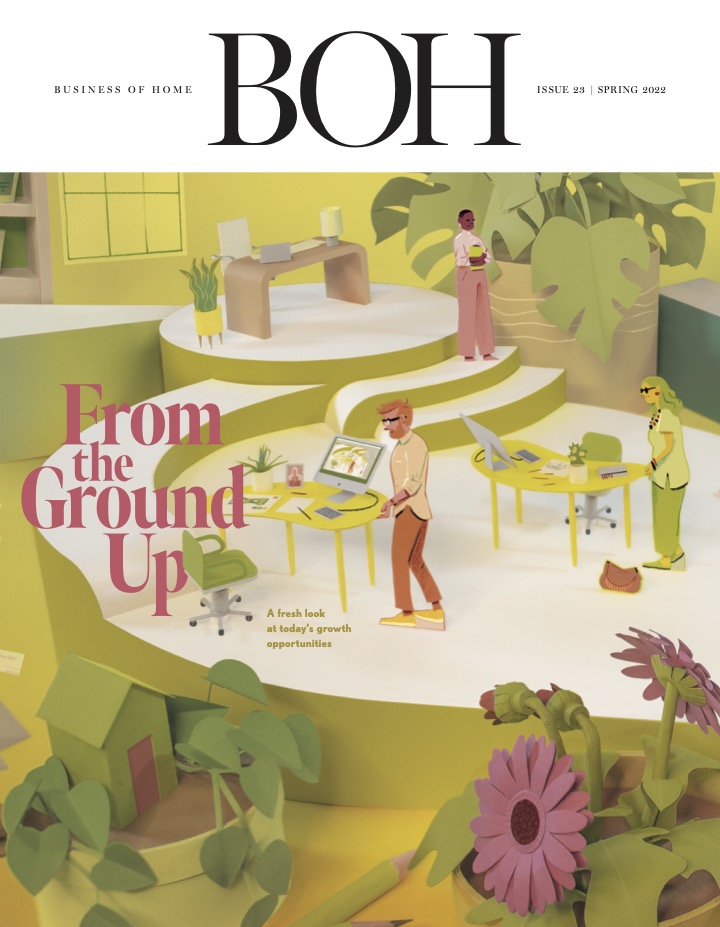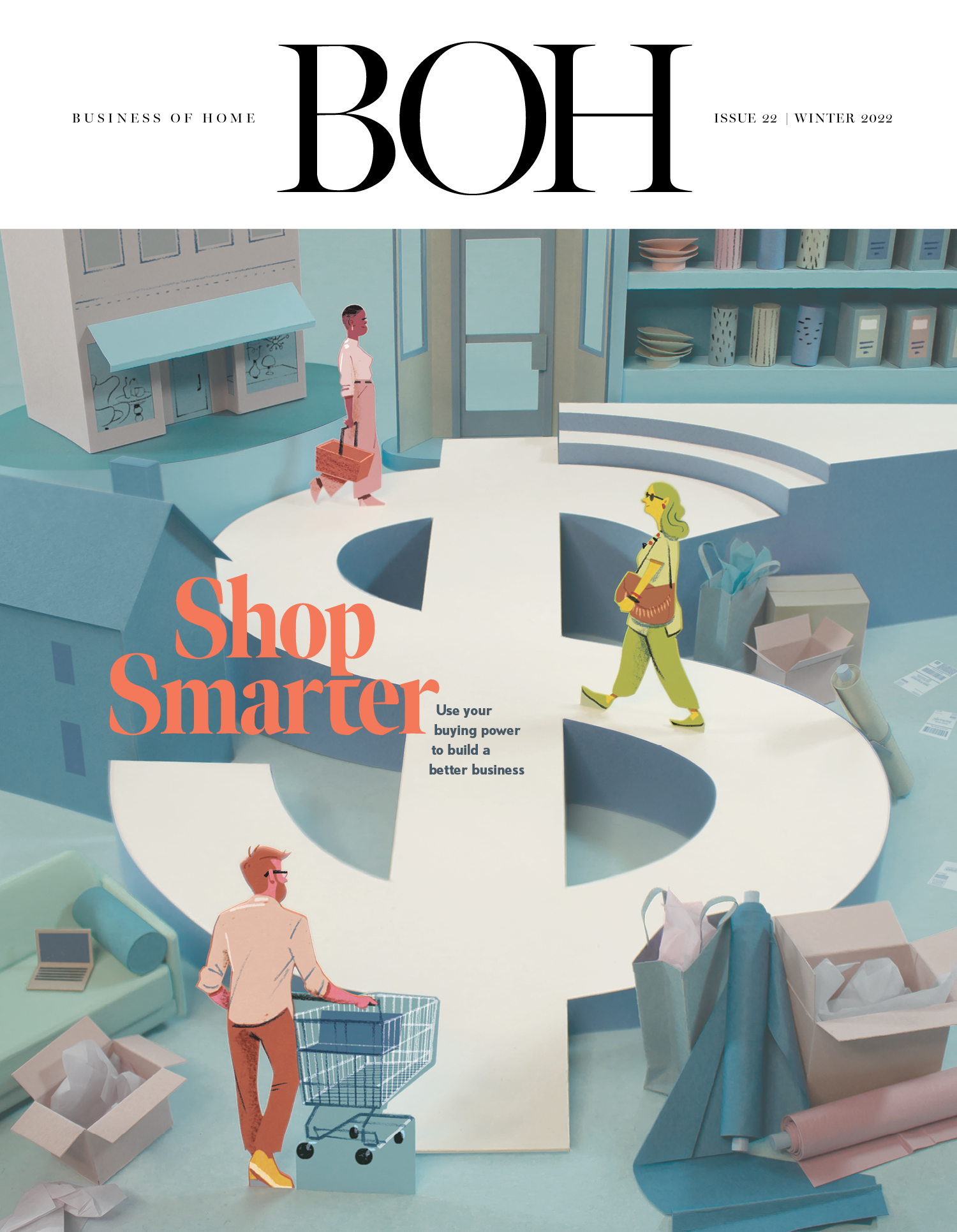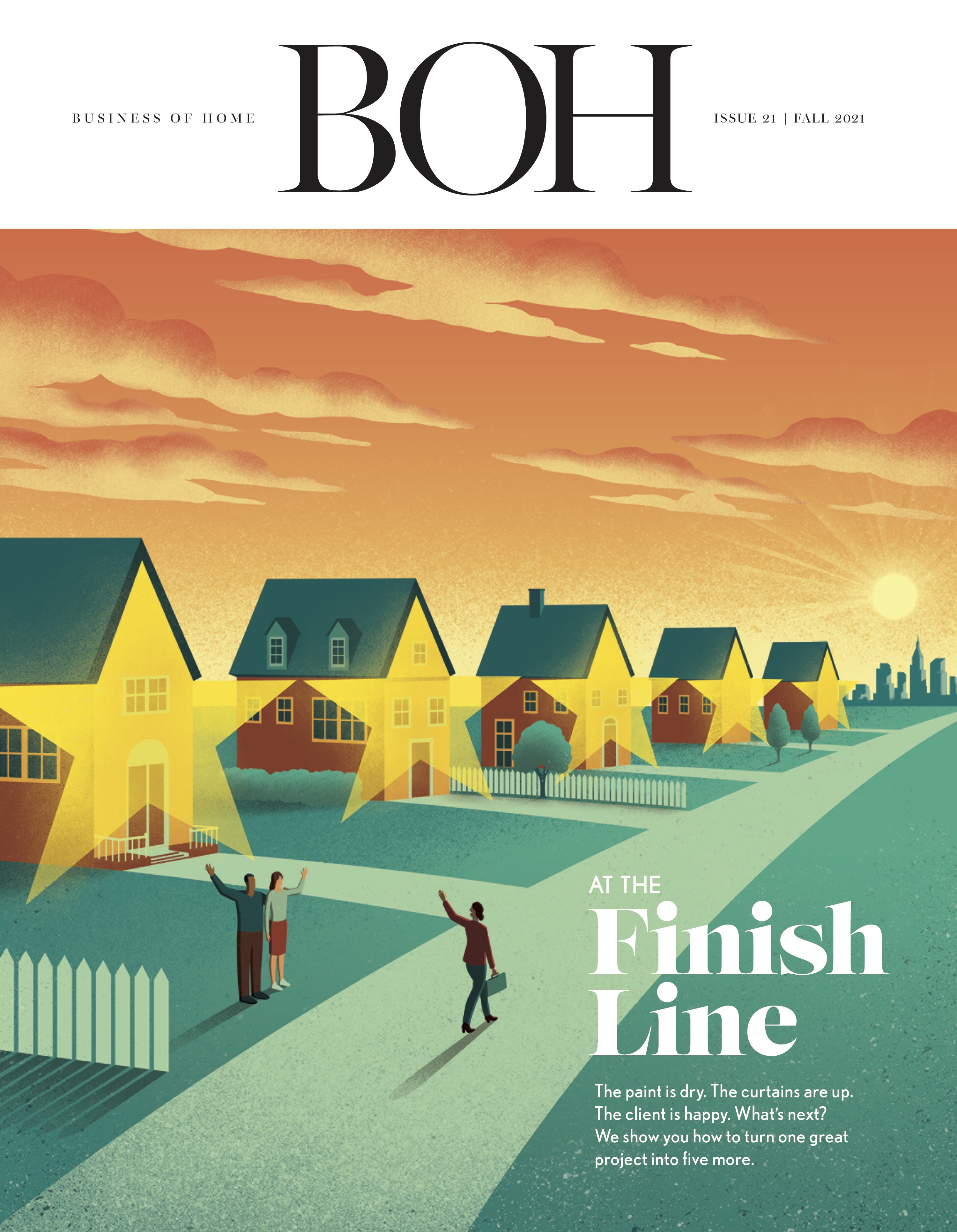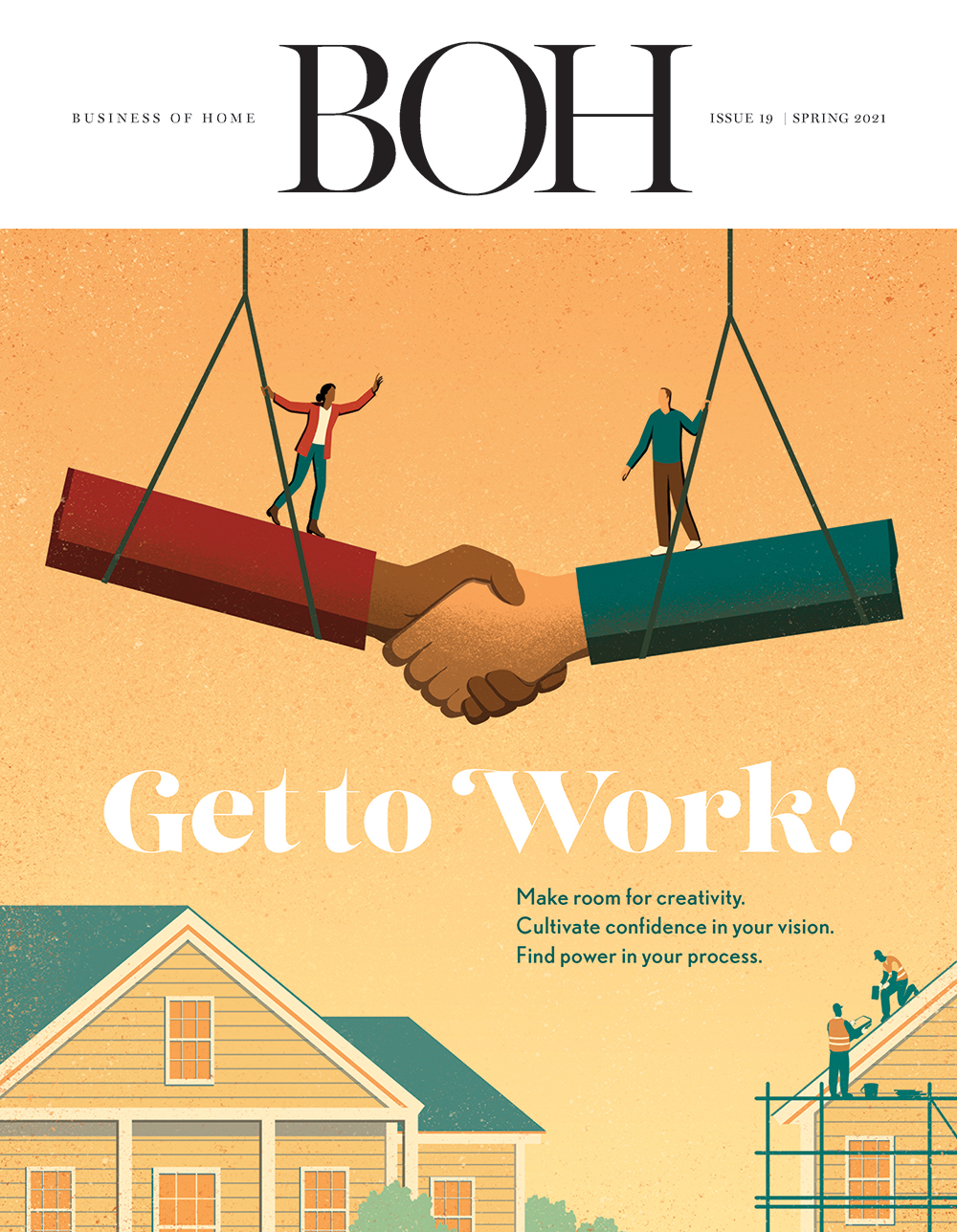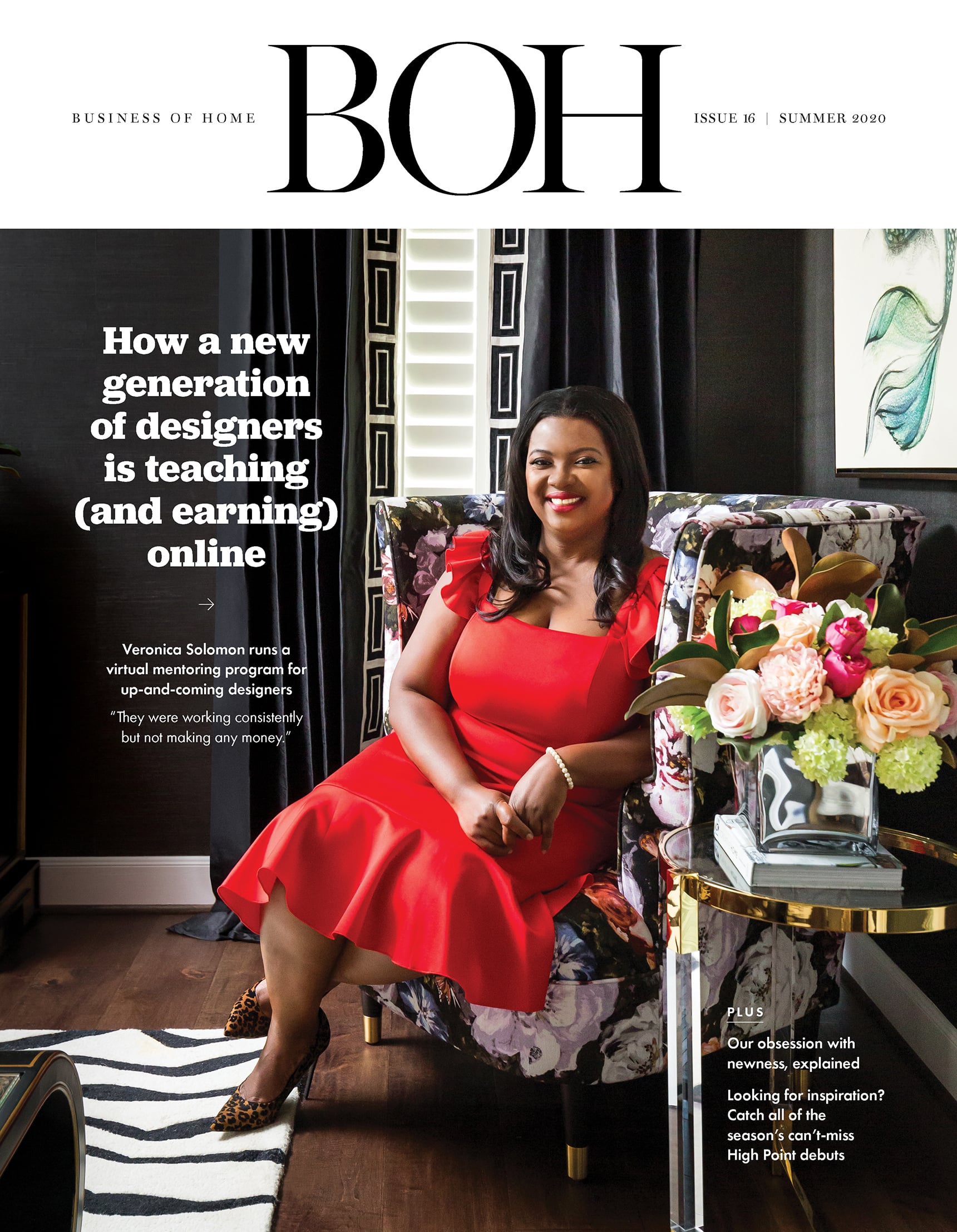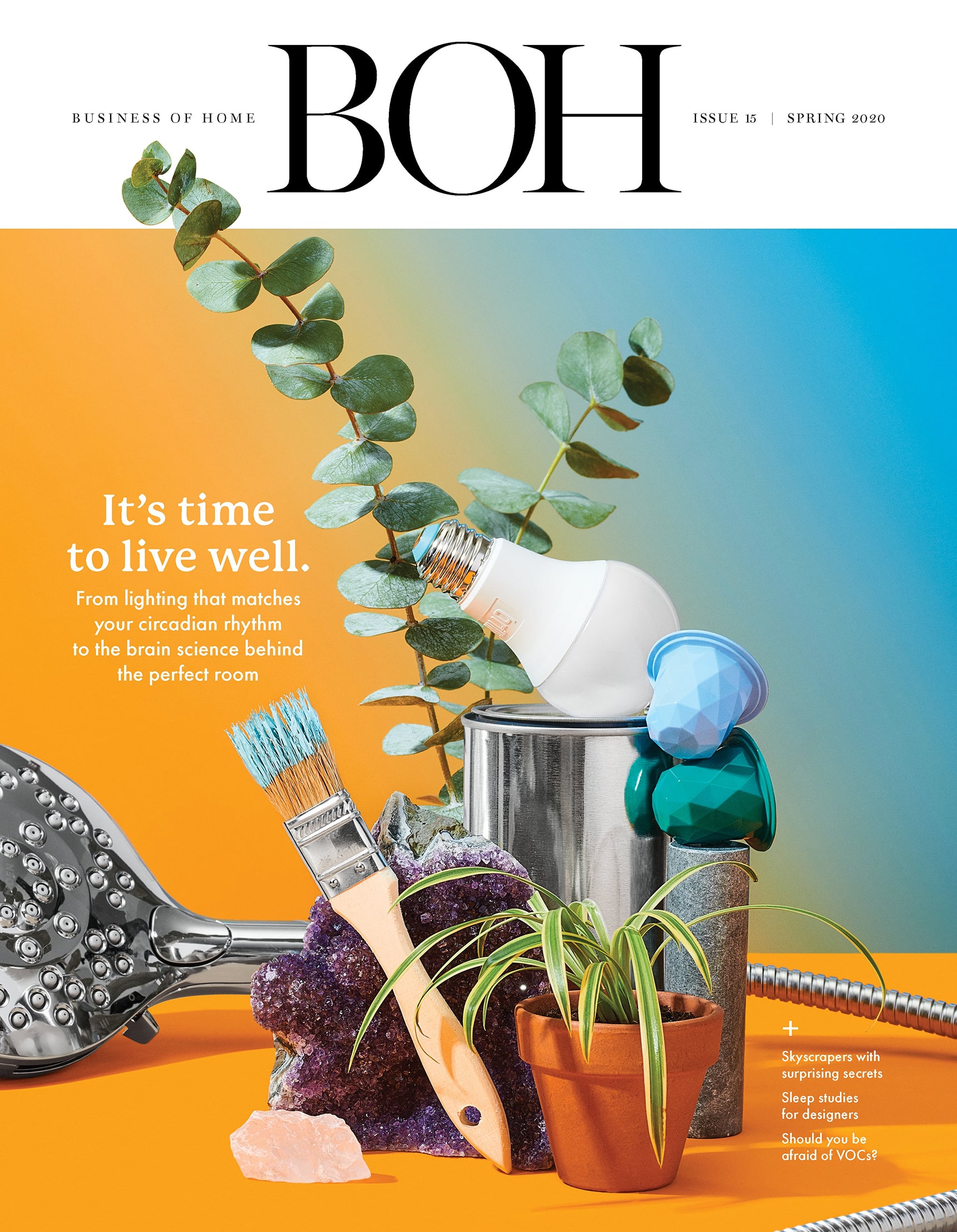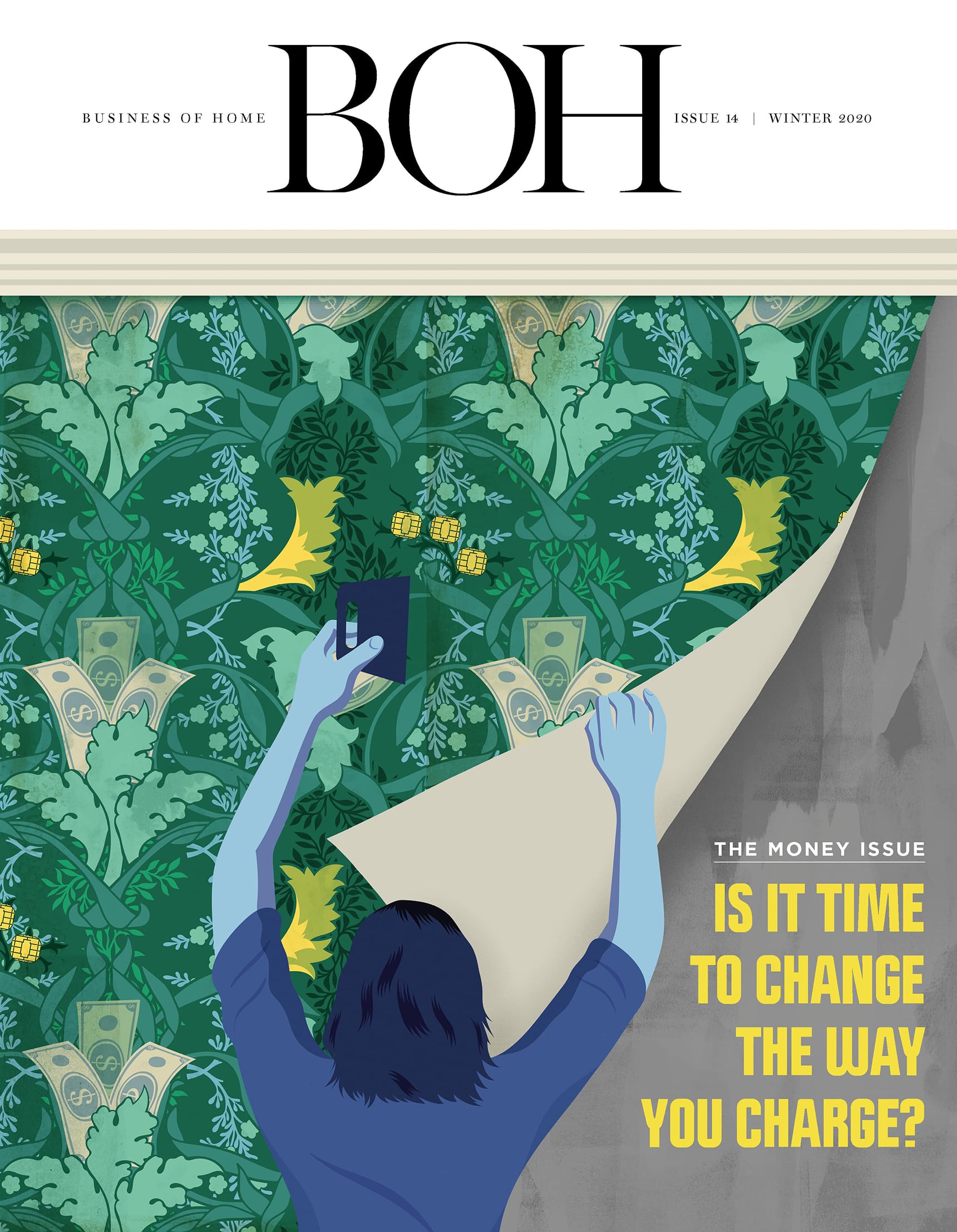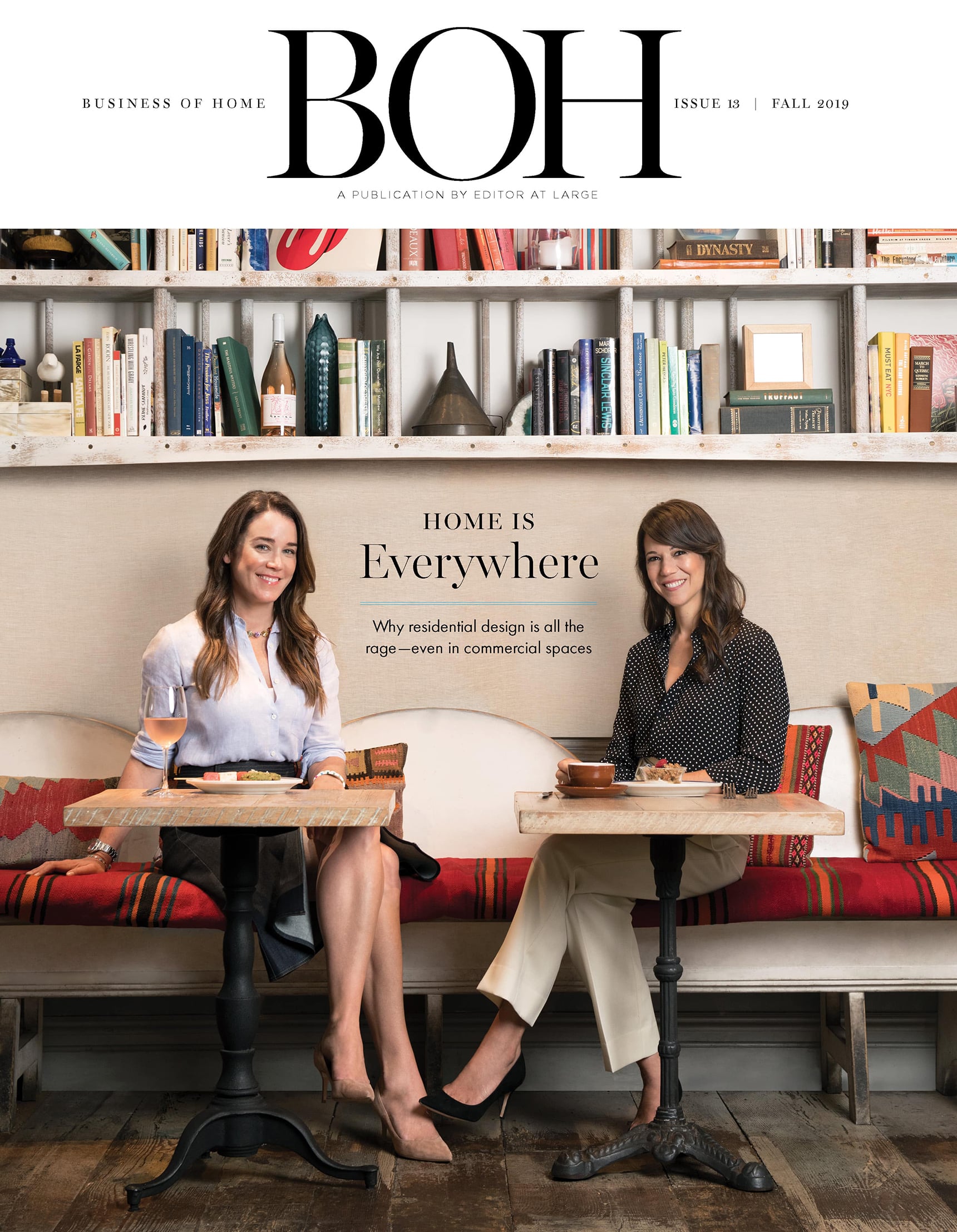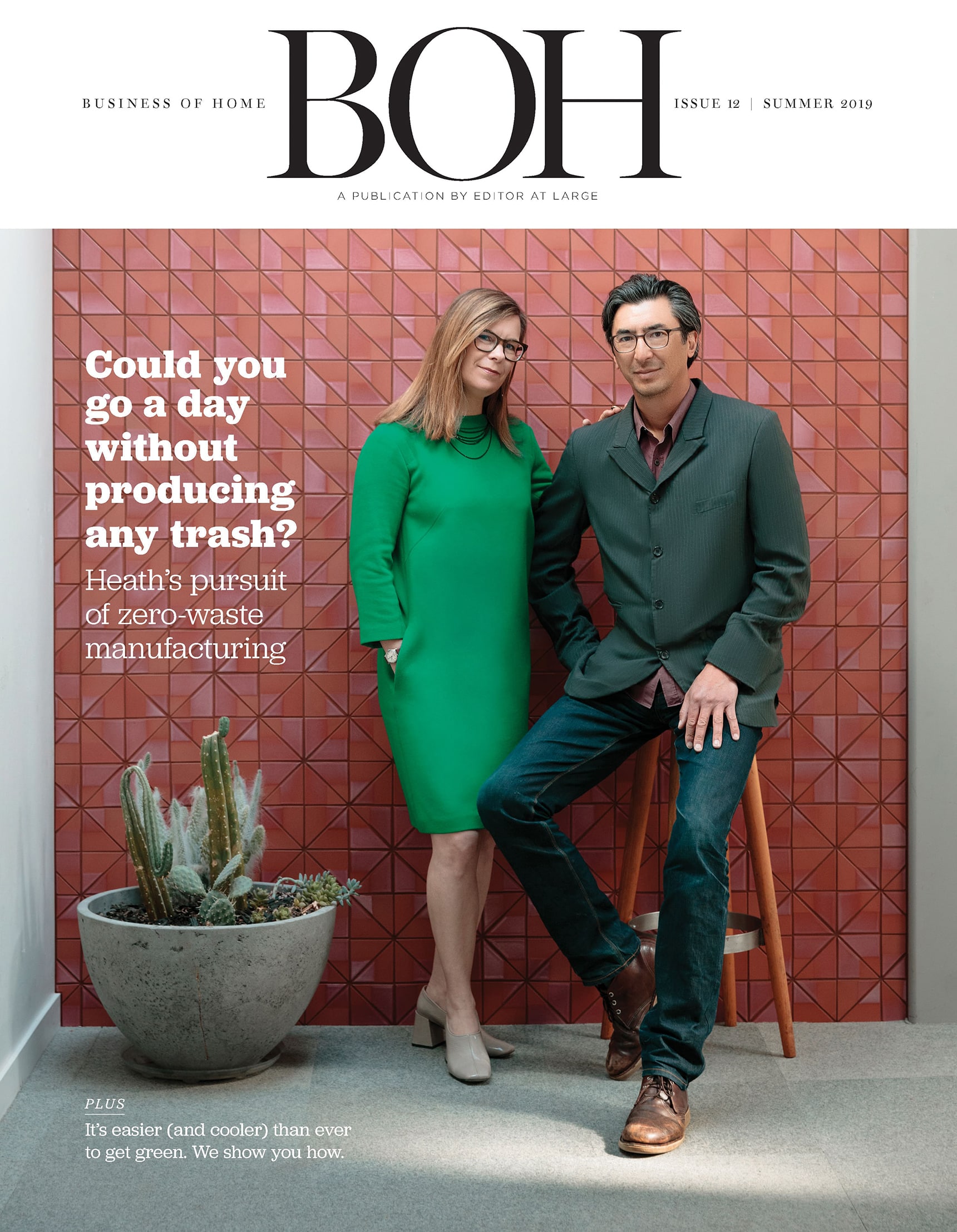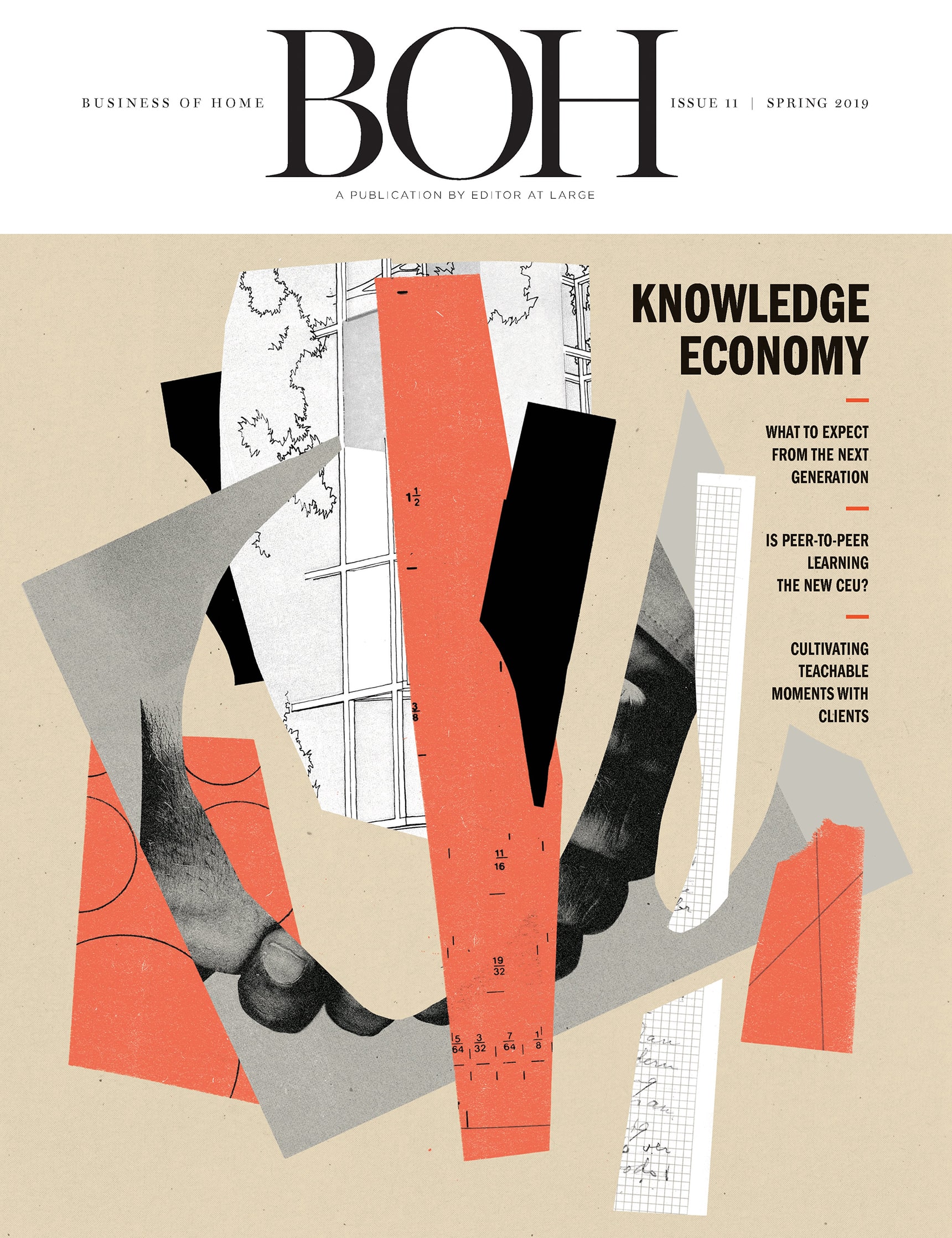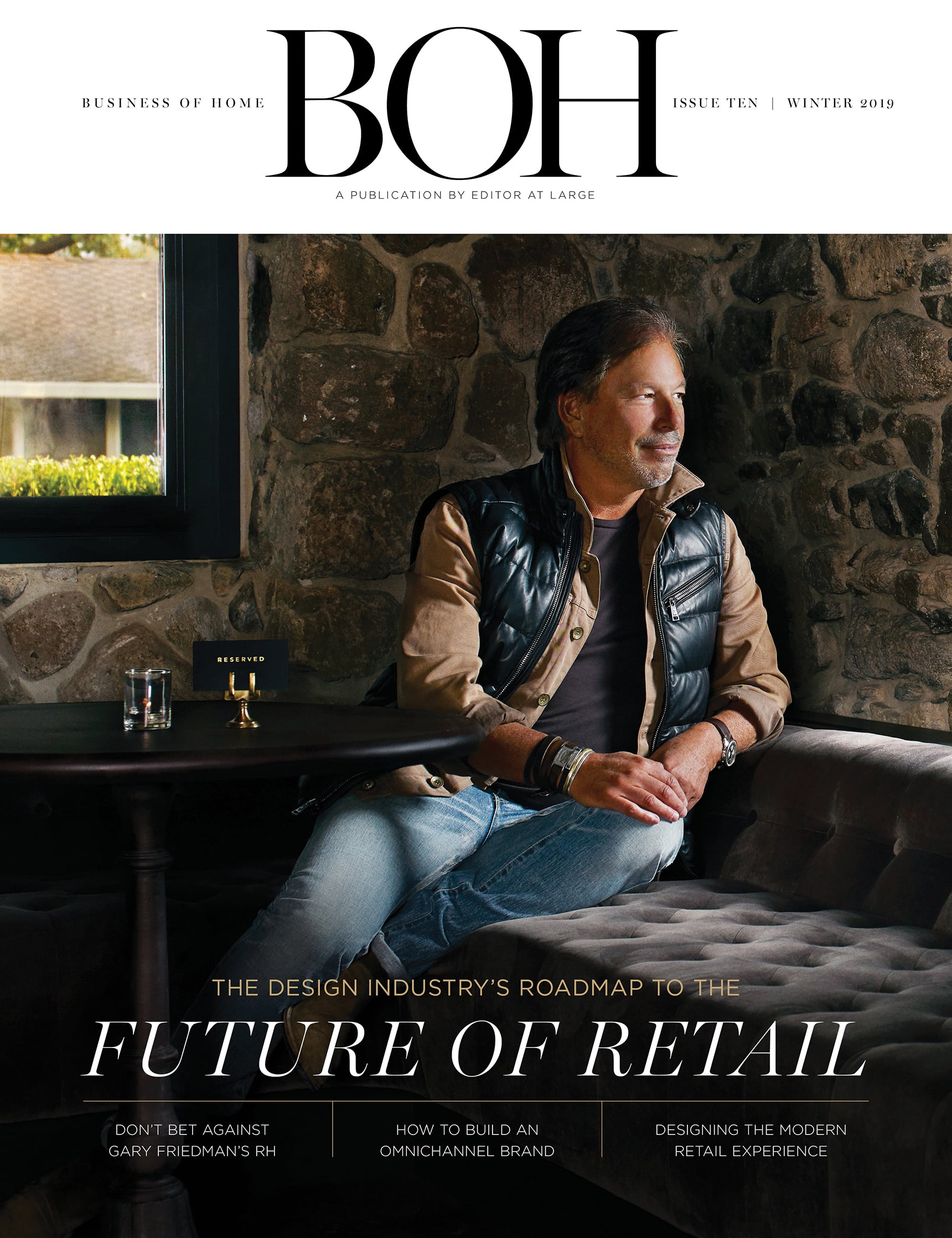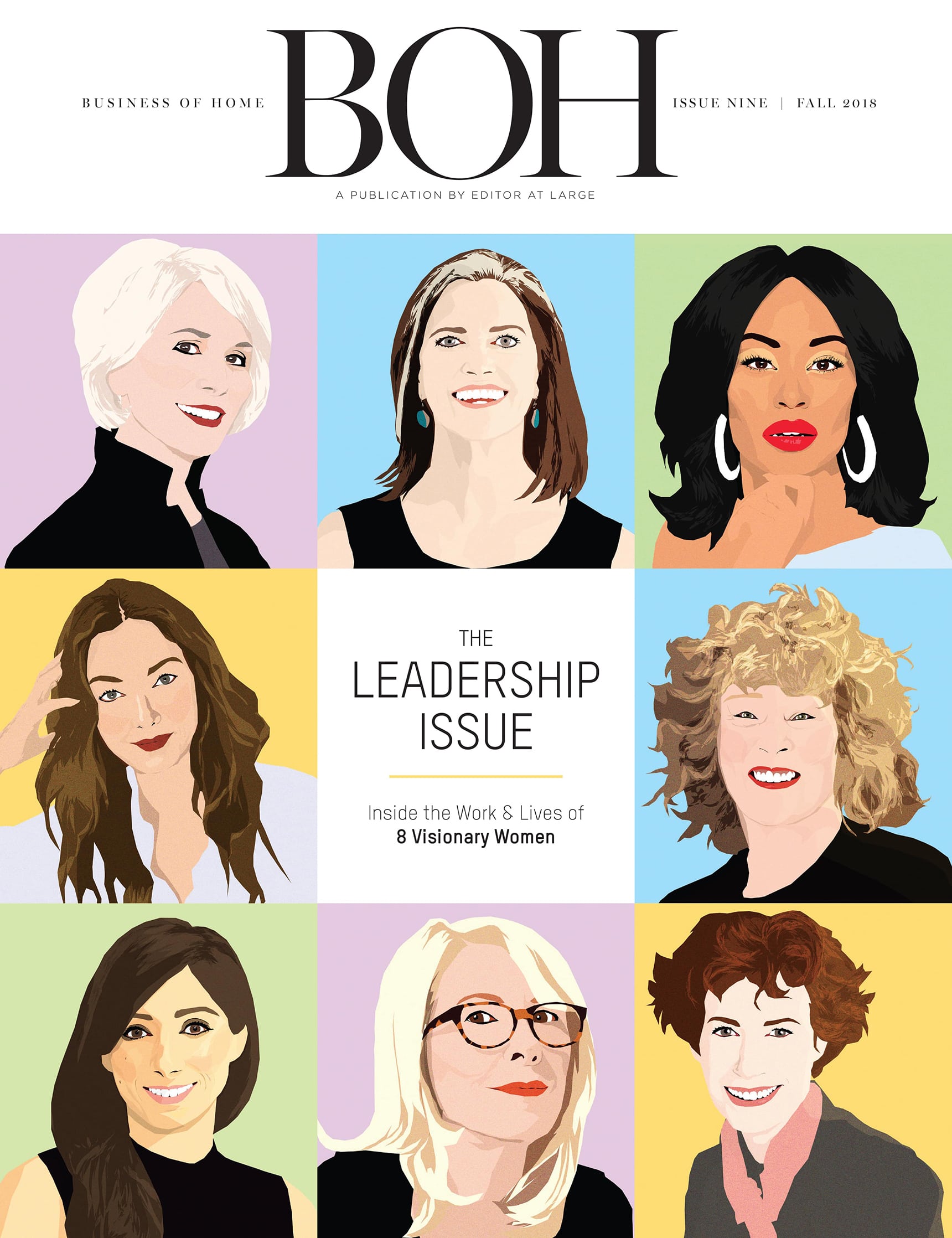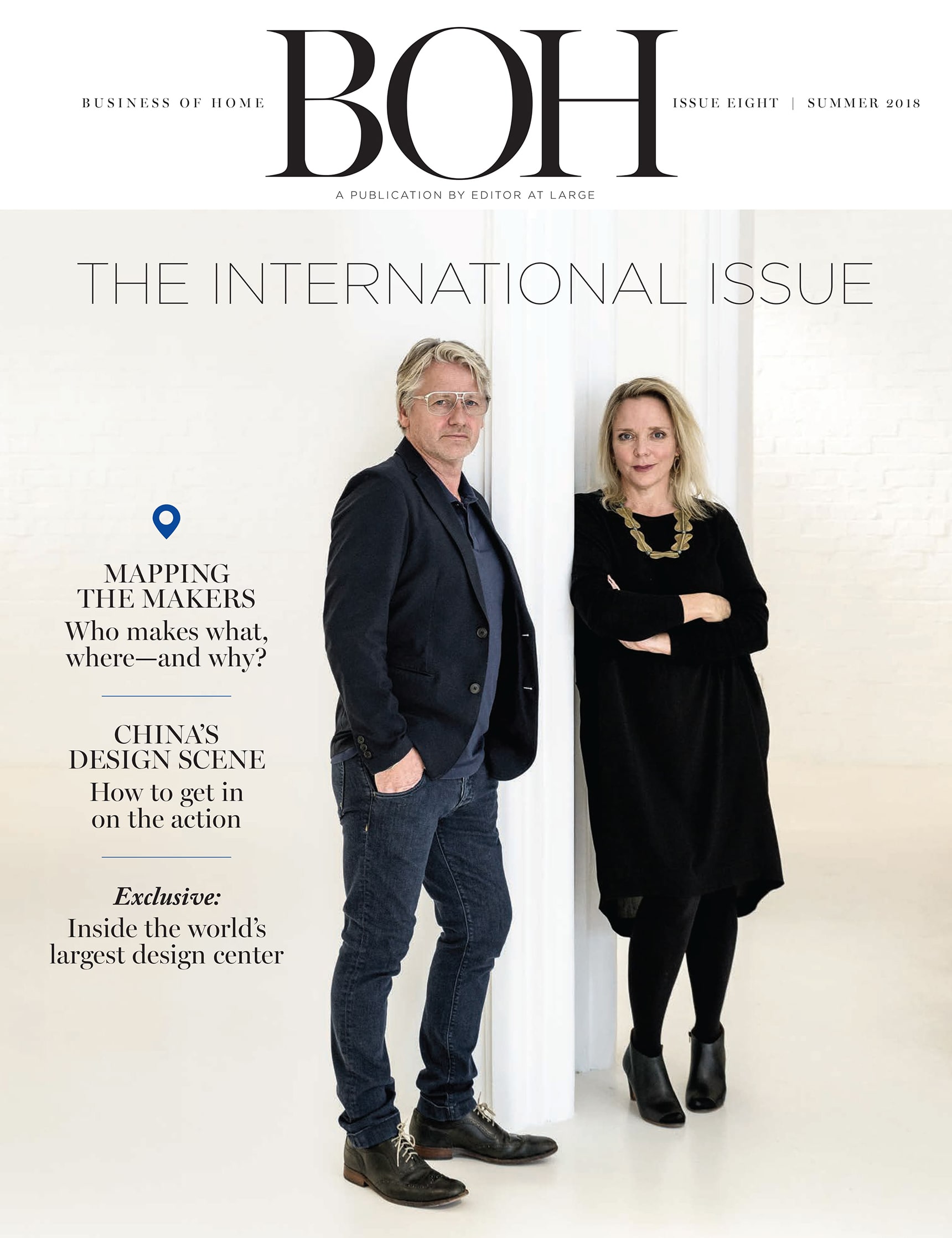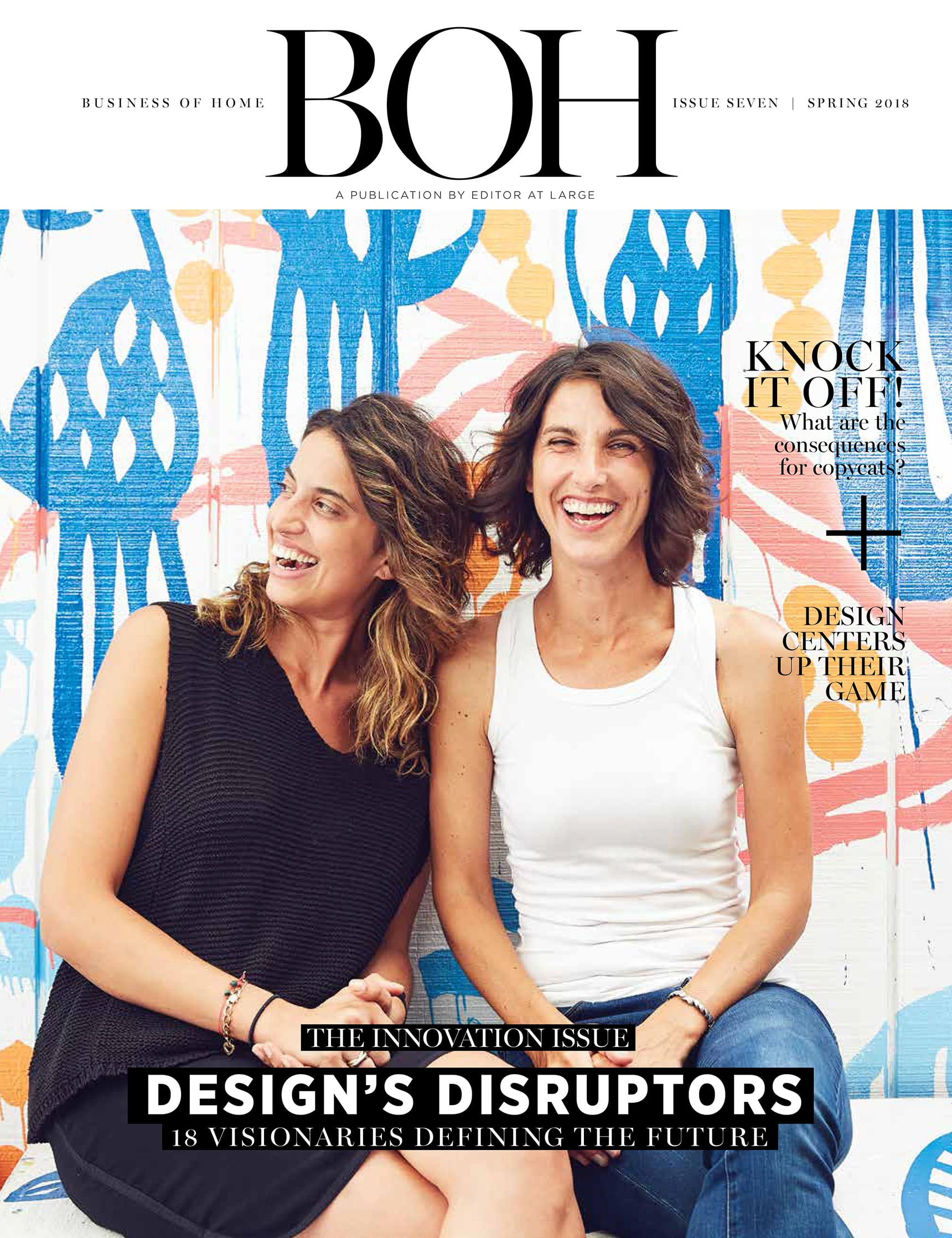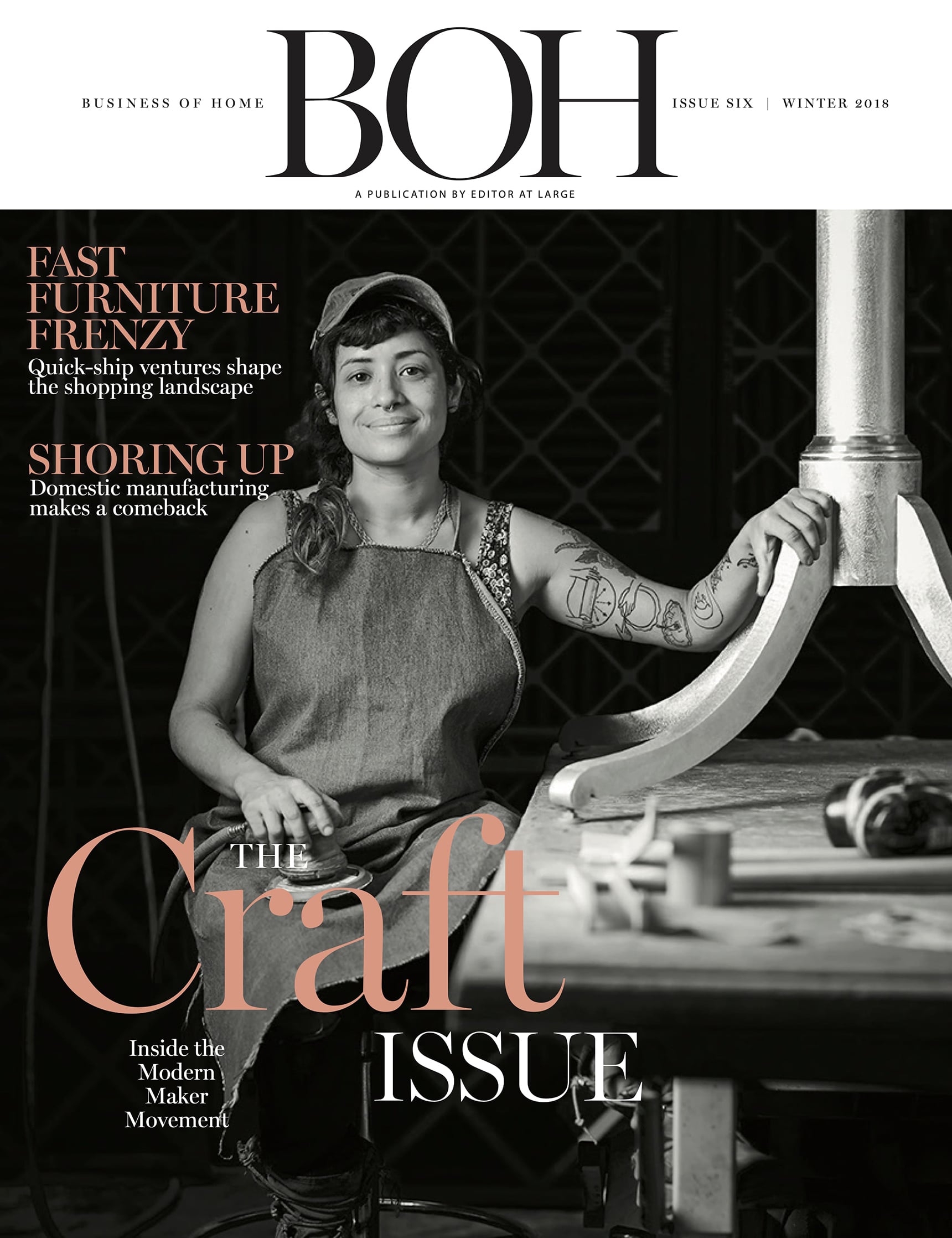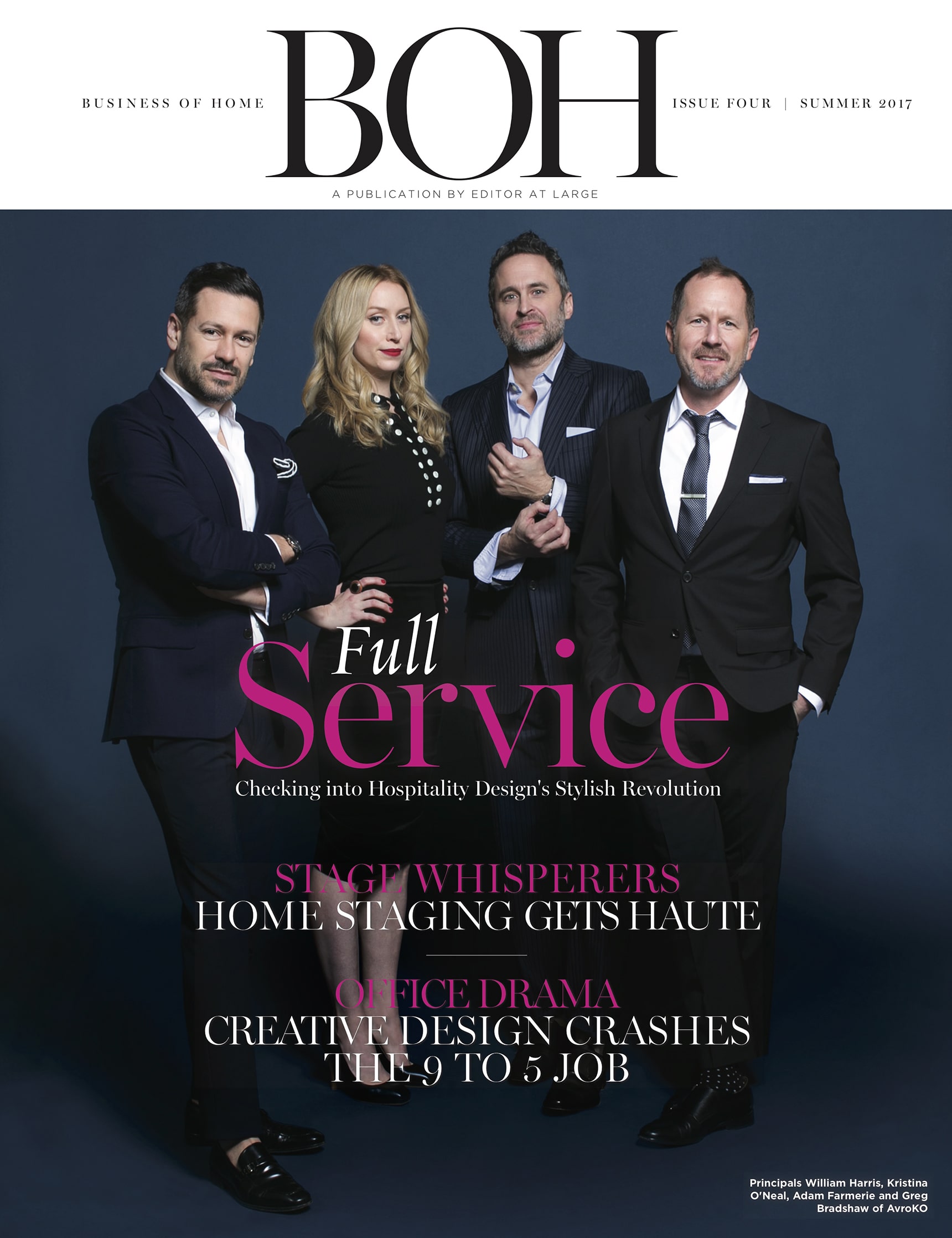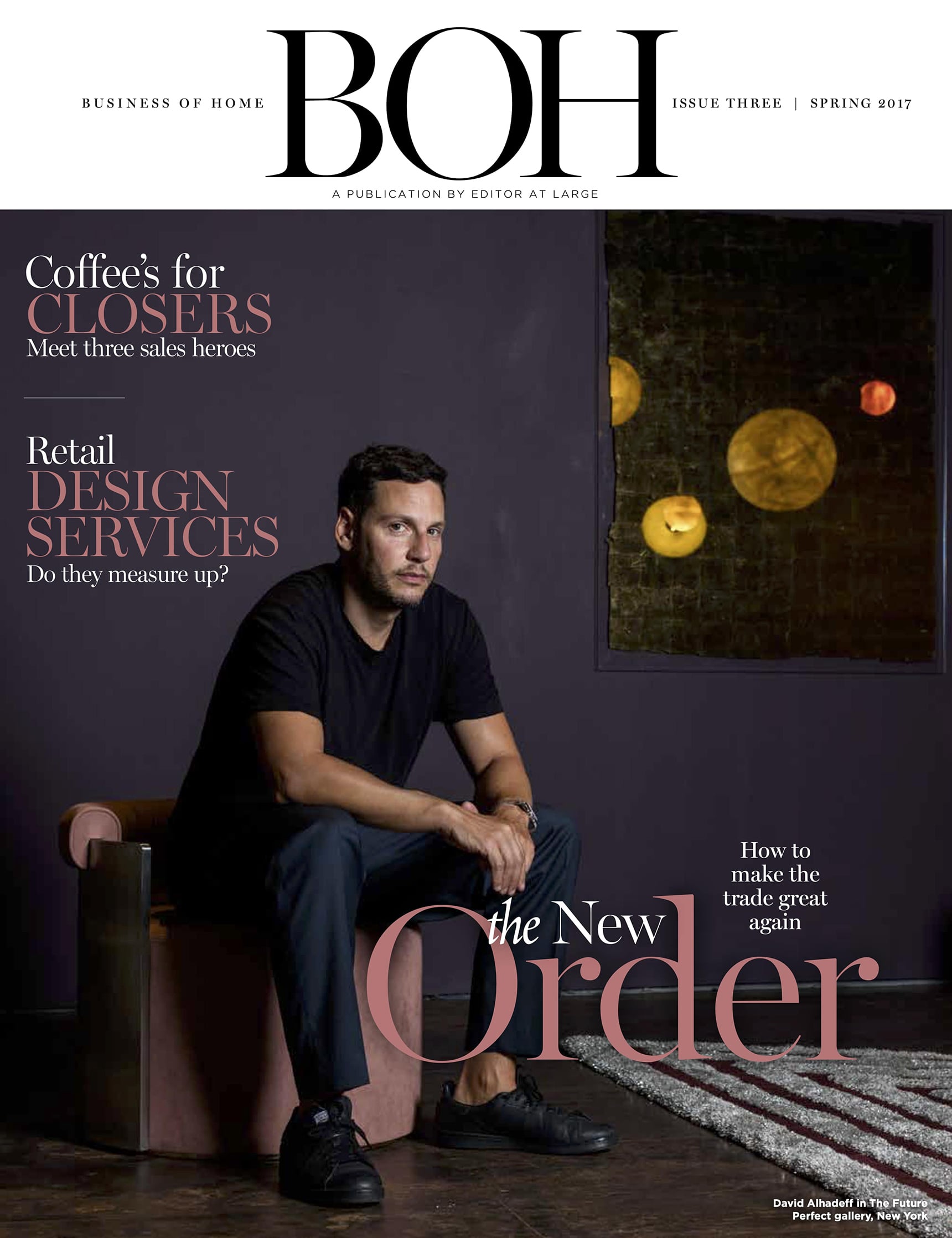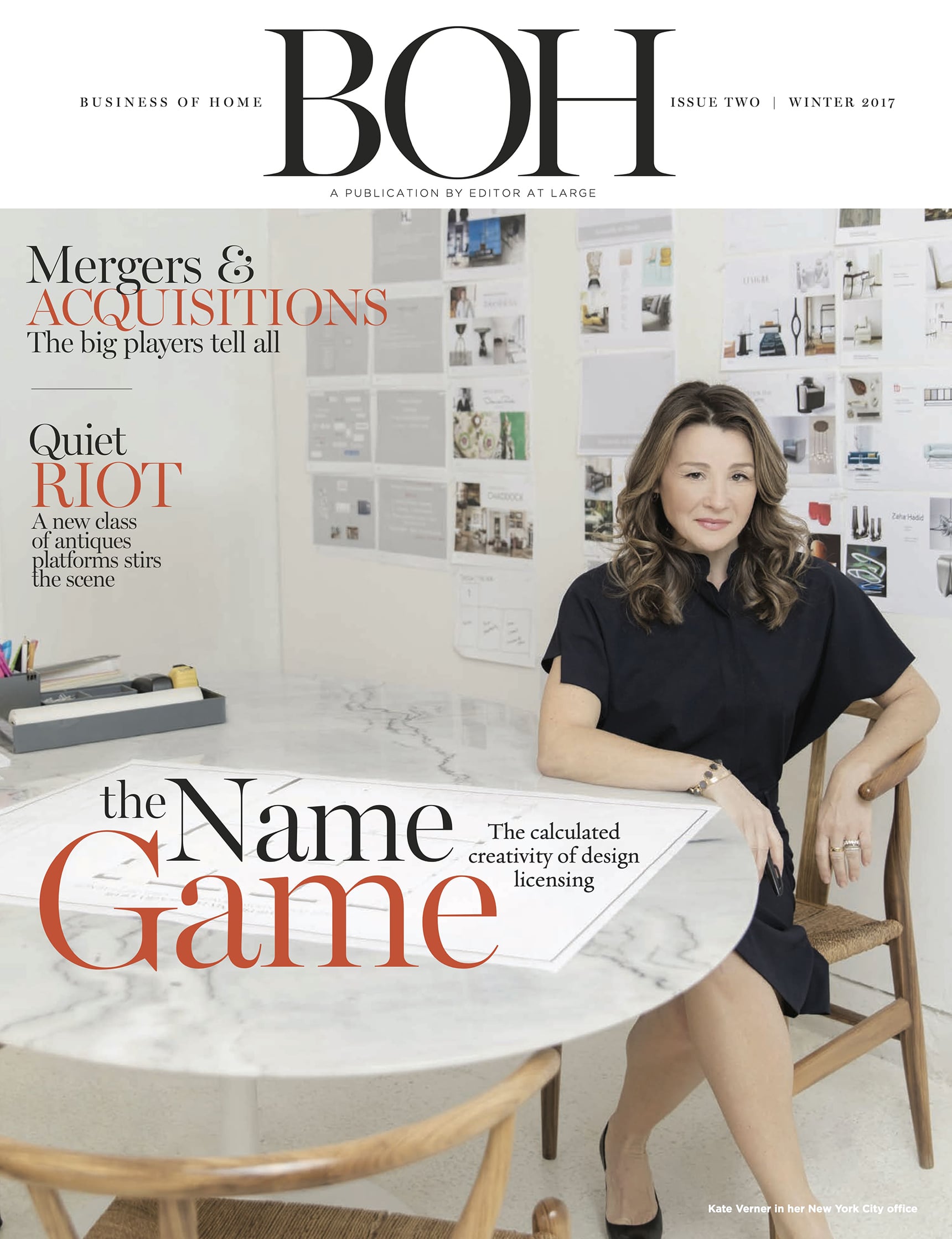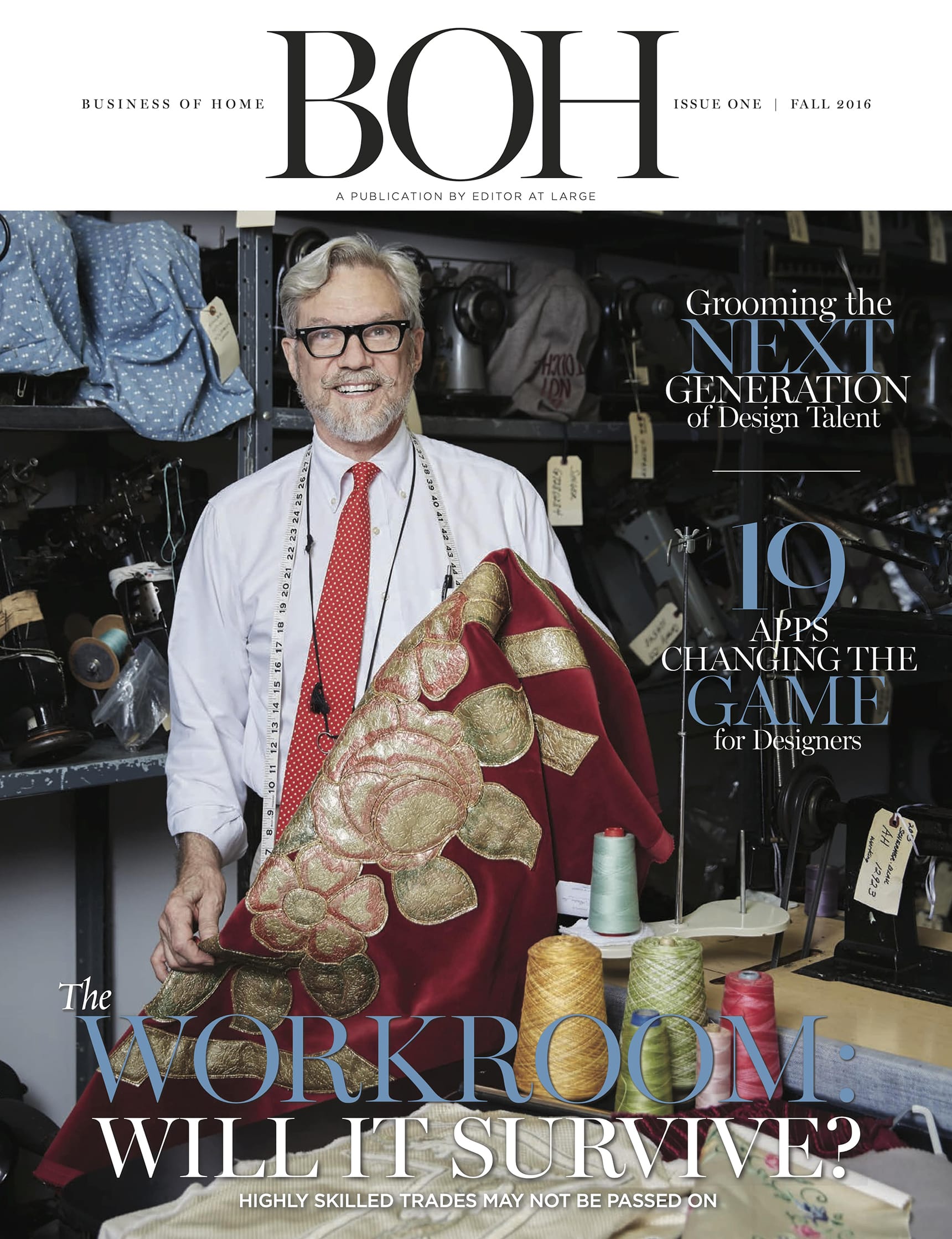A lifelong leader, Susan Lyne has held major roles at Gilt Groupe, Martha Stewart Living Omnimedia, AOL’s Brand Group and ABC Entertainment. Her most recent endeavor is BBG (Built by Girls) Ventures, a VC firm funding the likes of design platform Modsy, wedding-registry upstart Zola, and women-only workspace The Wing. Today, Lyne focuses her attention—and her magic touch—on finding and funding female-run businesses.
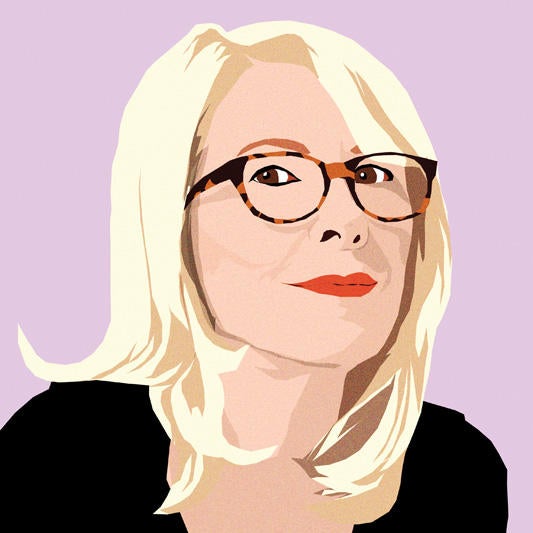
I dropped out of college to take a job as the assistant to the editor in chief of a magazine in San Francisco. This was in the mid-1970s. With no internet and no smartphones, if you wanted to work someplace where you could have an impact on the way people thought, magazines were it. I later launched my own magazine, Premiere, which led to the second phase of my career, in television. I spent almost a decade at Disney/ABC Entertainment, where I ultimately ran primetime.
I got replaced weeks before the annual upfronts, during which ABC announced a schedule that included [soon-to-be hits] Grey’s Anatomy and Desperate Housewives, which I had developed. I learned a lot during that development season. The accepted wisdom was that men would not watch programming created for women, but women would watch a show that was built for guys. I had spent my first two development seasons trying to do what everyone else was doing; it was only in that last season that I realized we needed to go in a different direction.
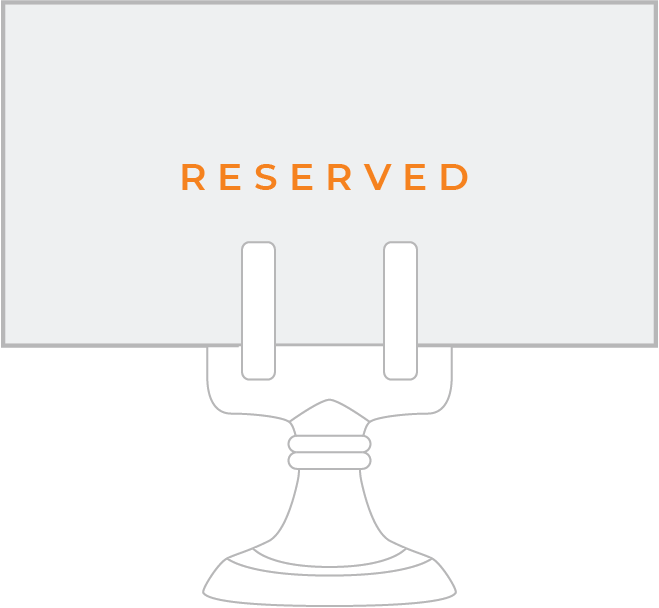
BOH subscribers and BOH Insiders.


















